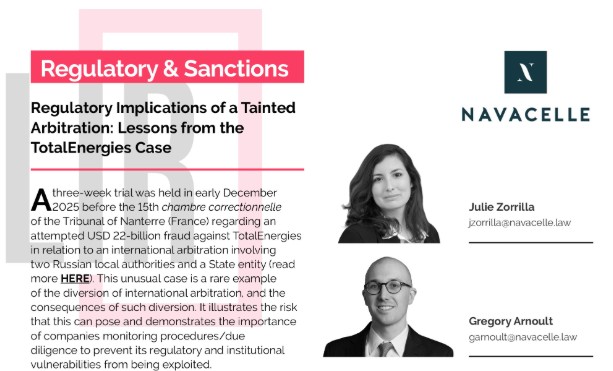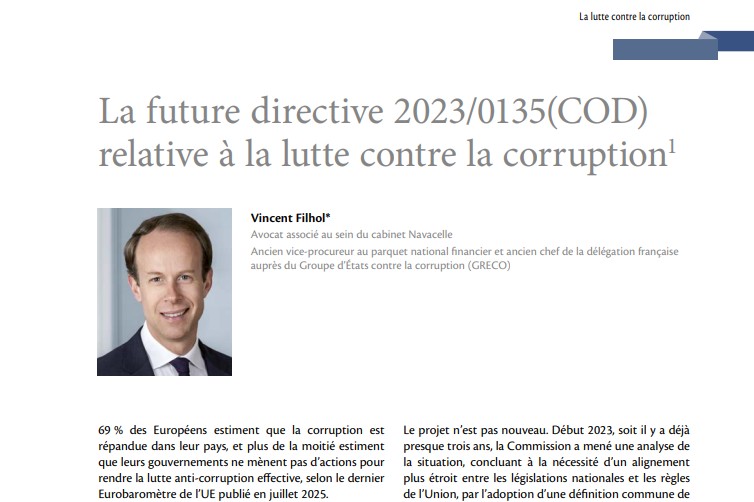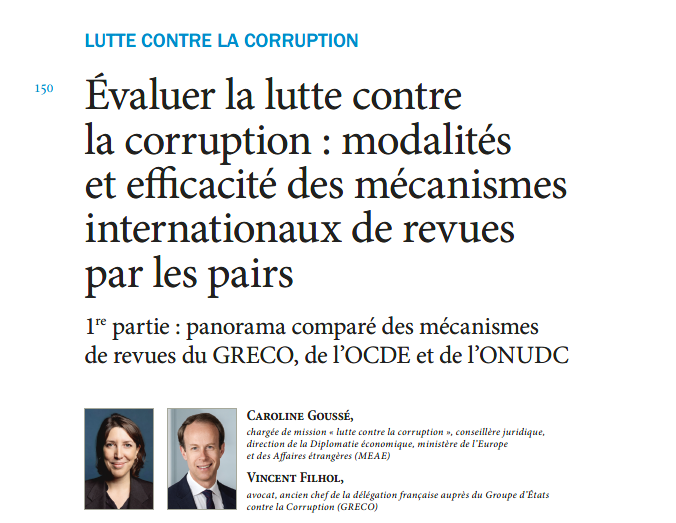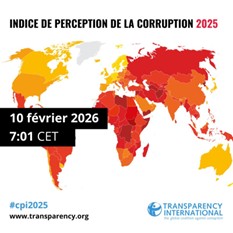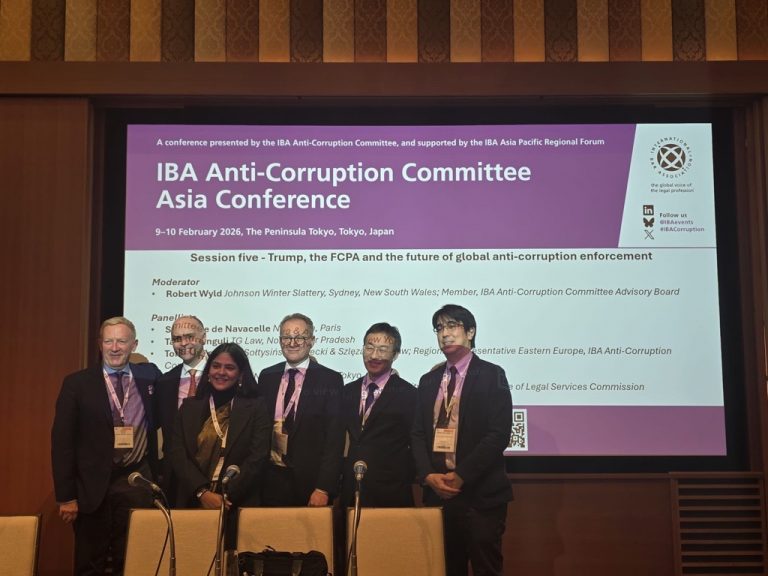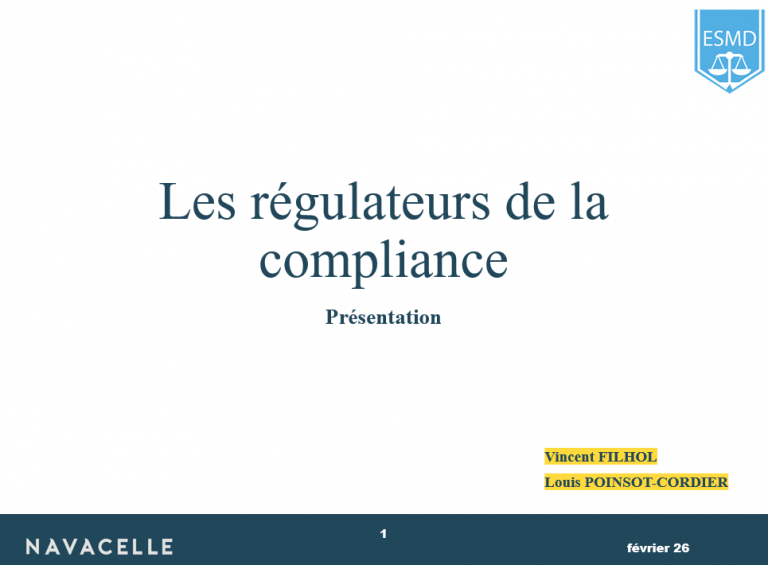Although internal investigations have become common practice in France, there is no dedicated and special legal framework of the employees’ rights during such investigations. The employee’s rights during internal investigation are thus regularly stems from case-law.
The decision issued by the French Council of State (Conseil d’Etat) on 2 March 2020 illustrates the necessity to balance the company’s interest and the employee’s right to privacy during an internal investigation1.
According to the Conseil d’Etat, investigative measures carried out by an employer against its employee must be necessary and proportionate for the gathering of the evidence related to the allegation and should not unduly infringe the employee’s right to privacy.
I. Summary of facts
In the present case, a Bank launched an internal investigation against one of its employees after a customer reported being threatened by this employee due to alleged suspicious transactions in the customer’s bank accounts.
In order to shed light on the allegations, the employer carried out investigative measures focused on whether the employee had consulted the bank accounts of the customer. However, during the investigation, the Bank accessed its employee’s private bank accounts as well as those of the union of which he was treasurer. The investigation revealed that the employee had embezzled funds to the detriment of the union.
Considering that the embezzlement caused an undeniable disturbance in the business operations of the company, the Bank decided to dismiss its employee. As the employee was a member of a trade union, the employer needed the authorization of the labor inspector to dismiss him. This authorization has not been granted however and the employer has thus seized the French Labor Ministry who conversely considered that the embezzlement of funds justified the dismissal.
After several years of proceedings before French courts, the Conseil d’Etat ruled that the dismissal was not valid and recalls that the investigation measures carried out against an employee must be justified and proportionate to the facts that gave rise to the investigation and shall not affect the employee’s right to privacy.
II. The acts of investigation must be proportionated to the aim of the investigation: the balance between the right to evidence and employee’s rights to privacy
In the case at hand, the Conseil d’Etat reaffirms that the employer has no right to use investigative measures that would violate its employees’ fundamentals rights2, such as the employee’s right to privacy under Article 9 of the French Civil Code3 and Article 8 of the European Convention of the Human Rights4.
This decision is in line with well-established case law. Thus, in a decision of 20 November 1991, the Civil and Criminal Supreme Court (Cour de cassation) held that “while the employer has the right to control and monitor the activities of his employees during working hours, any recording, for whatever reason, of images or words without their knowledge constitutes an unlawful means of evidence”5. Similarly, French administrative courts have had previous occasions to sanction the use of unlawful means of evidence by an employer6.
It should be stressed that the Conseil d’Etat condemns this infringement only because the investigative measure taken – access to the employee’s bank account – was not necessary and proportionate to establish the materiality of the allegations for which the investigation was launched. The employee was thus dismissed for reasons unrelated to the customer’s complaint.
Hence, it remains questionable whether the employer would have had the right to access the employee’s bank account if the complaint was specifically related to the embezzlement. Indeed, the right to privacy remains an essential right protected by the French courts French courts asserted that “while the employer may always have access to files that have not been identified as personal by the employee, it cannot use them to sanction him if they are part of his private life”7 and specified that “the right to evidence can only justify the disclosure of material that violates privacy if it is essential to the exercise of that right and if the violation is proportionate to the aim pursued”8. In each case, it is essential to balance the employee’s right to privacy and the employer’s right to evidence.
This question must also be considered in the light of the European General Data Protection Regulation9 and the recent French Data Protection Authority (“CNIL”) guidelines on professional alert10 recall that a data collection of personal data within an internal investigation requires the consent of the person subject to the data collection11.
It remains therefore unanswered whether an analysis of personal data which is necessary to establish the materiality of the allegations but is collected without the employee’s consent could be considered as a proportionate investigate measure and not a breach of the right to privacy.
In this context, the importance of a well-established internal investigation framework with good practices, including a clear definition of the investigations’ scope must be reaffirmed.
